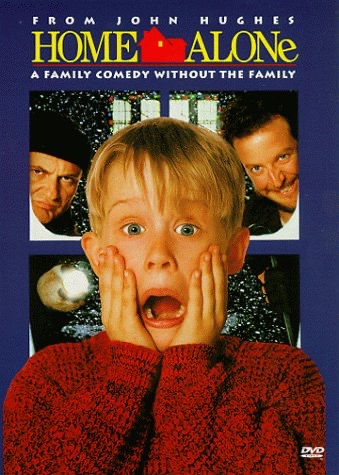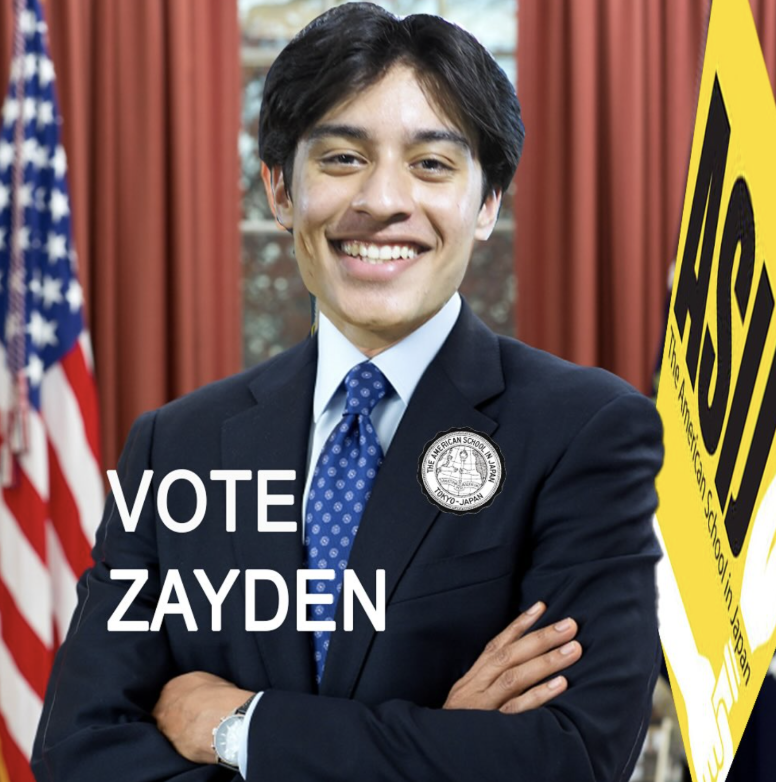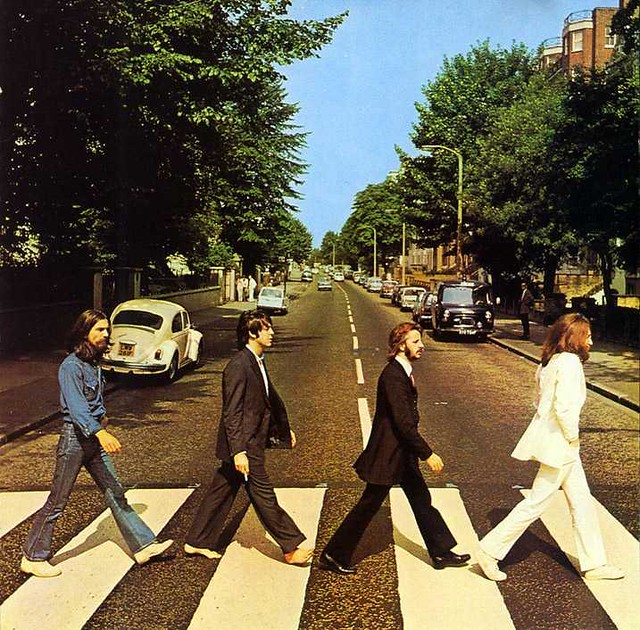The Case Against Kevin McCallister from Home Alone

February 13, 2023
This article contains spoilers for the 1992 film Home Alone 2: Lost in New York.
Every year, around the holiday season, I pop a Home Alone DVD into my dusty DVD player and enjoy Kevin McCallister’s humorous adventures. Over the past few years, though, I’ve grown appalled with his actions in the sequel, Home Alone 2: Lost in New York. What first seemed to be witty pranks now looks more like aggravated assault.
In the sequel, Kevin (Macaulay Culkin) sabotages Harry’s (Joe Pesci) and Marv’s (Daniel Stern) plan to rob a toy store. Kevin leads the two “Wet Bandits” to his uncle’s home, deserted due to renovation.
For twenty minutes, the audience sees Kevin McCallister pull off a score of elaborate yet gruesome pranks that in real life would have resulted in both Wet Bandits’ deaths.
Most notably, Kevin throws bricks at Marv from dozens of feet off the ground, sets Harry on fire, and electrocutes Marv. In most situations, such pranks would be considered aggravated assault, but considering the broader context of the scene, these actions are protected and justified by self-defense.
Law.com defines self-defense as “the use of reasonable force to protect oneself or members of the family from bodily harm from the attack of an aggressor, if the defender has reason to believe [they] are in danger.” Technically, by committing these actions, he was using reasonable force: two men –– who have threatened to kill him and are carrying a firearm –– were breaking and entering into his uncle’s property.
We truly can’t expect any better from Kevin. Most civilians would hurl bricks at such men. All actions, from the arson to throwing projectiles, are, in the moment, justified.
Where the self-defense argument loses relevance is when considering the broader context of the scene. Kevin found himself in a dangerous situation because he was acting out of vigilantism. He could have reported the Wet Bandits’ plan to the police (he eventually defaulted to calling law enforcement), but instead tried to stop the plan himself.
Why would he do such a thing? In a court of law, Kevin would probably say that he wanted to be the one to save the toy store. His attorney might state that Kevin is just a child, and can’t be held responsible for his actions.
What’s most likely is that he wanted to be the one to confront the Wet Bandits. Given their history, it would be no surprise if Kevin had animosity toward the two. We see slight evidence of his antipathy towards the Wet Bandits when he giggles while inflicting immense physical pain on the intruders.
As mentioned earlier, most of us would act in a similar manner if criminals were threatening to kill us. Yet, none of us (I hope), would take such joy in watching these criminals go through inexplicable levels of pain.
We would be far more distraught, both in fear for our lives and regarding the horror of our actions. Kevin was using reasonable force to protect himself, but the joy he takes in using this force is concerning.
Yes, Kevin McCallister was only 9 years old at the time, but it seems evident that he was aware of his actions. His precise planning and his amusement when seeing the Wet Bandits in immense pain can only suggest that Kevin McCallister sought opportunities to harm the Wet Bandits.
Rather than calling law enforcement, he incited dangerous criminals, in an attempt to exact vengeance against them and receive pleasure from violently abusing them.
Were the Wet Bandits “bad people?” Absolutely. In addition to committing many robberies, they threatened the life of a small child lost in New York. But did that evil necessitate torture? Absolutely not, and for more than thirty years, they are yet to see justice for aggravated assault that may have resulted in years of physical trauma.
The lack of realism is most apparent whenever we revisit films from our childhoods. From John McClane jumping off the roof of a skyscraper in Die Hard to Kevin McCallister nearly killing the Wet Bandits, we once loved (and some of us still love) watching characters make ill-advised decisions with no consequences. But sometimes it’s interesting to ponder what would have happened if the writers stuck to the realistic.




















Scarlett • May 31, 2023 at 10:48 AM
This article was not only amusing but also very informative. I had never thought about how destructive his “pranks” actually work. I definitely agree with your article and it was very entertaining.